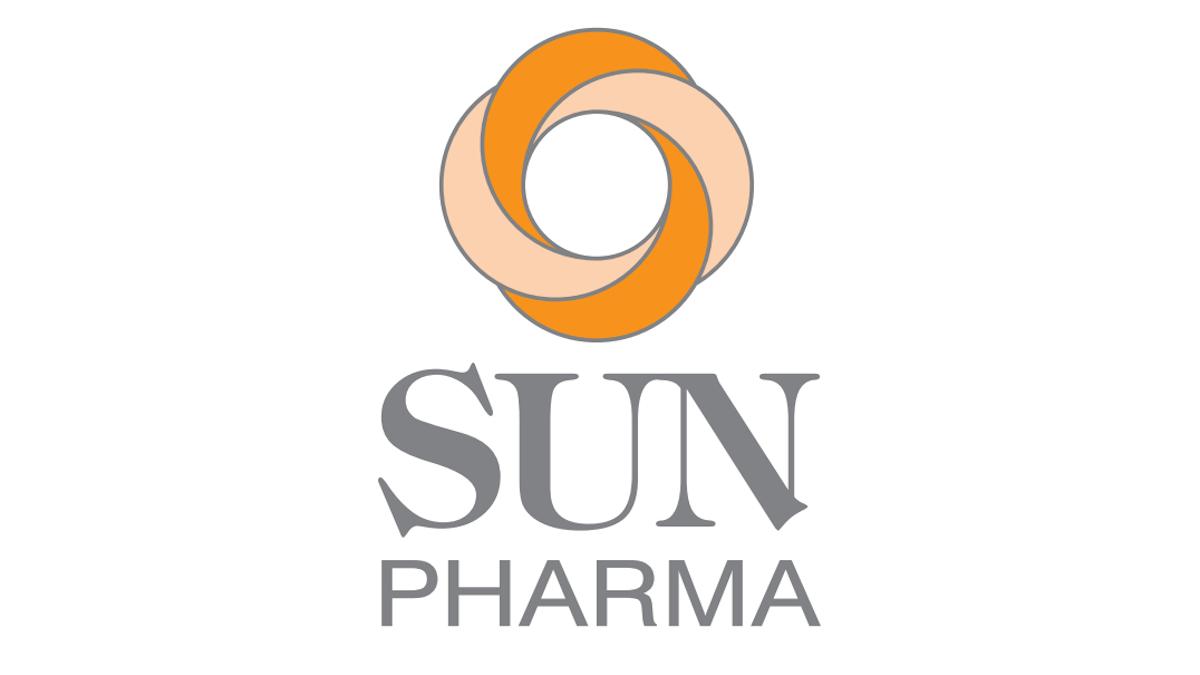Has the NHS joined the biosimilars revolution?

Biosimilars have cut the price of biologic drugs by up to 80% on the NHS, according to Paul Clark, Napp’s director of biosimilars. He spoke with pharmaphorum’s senior reporter Richard Staines to discuss the challenges and opportunities facing biosimilar manufacturers as cheaper copies of AbbVie’s Humira (adalimumab) hit the market.
As cut-price near-copies of biologic drugs, biosimilars have been on the market in Europe for more than a decade and have reduced prices and improved availability for a range of important medicines.
But a turning point came in 2015, when the first biosimilar monoclonal antibody (mab) biosimilar came to market, as a group of manufacturers led by South Korea’s Celltrion got their competitors to MSD’s Remicade (infliximab) approved.
Mabs are much larger and more complicated than the proteins and hormones that had previously been copied, but they are also some of the most commonly used drugs in a range of conditions including cancer and inflammatory diseases.
Biosimilars are near-copies of biologic drugs, which can only be grown using living cells, and are therefore more challenging to produce.
Certain aspects of the biosimilar must be identical – its amino acid sequence for instance – but there is leeway in other areas, such as how sugar molecules attached themselves to the protein during the manufacturing process – these differences are tolerated as long as it does not affect safety or efficacy.
But each biosimilar has been analysed and clinically tested to show that its performance matches that of the originator in terms of efficacy and safety.
Getting a biosimilar of Remicade approved was therefore a technical triumph, but it took a while for the NHS to catch on to the potential savings that could be gained.
But getting NHS trusts to understand this proved to be a challenge, and it took groundbreaking research on the benefits of switching to biosimilars from trailblazing trial sites such as Southampton hospital to convince the rest of the system to use them.
With Humira, which went off patent on 16th October, things seem to be different. NHS chief executive Simon Stevens has already urged NHS hospitals to use biosimilars in a public statement.
Humira is the medicine on which hospitals spend the most, costing the NHS more than £400 million a year.
With more than 46,000 patients being prescribed the drug, NHS England has issued guidance to trusts telling them that nine out of 10 new patients should be started on the best value medicine within three months of a biosimilar launch.
At least 80% of existing patients should be switched to the best value biologic – either originator or biosimilar – within 12 months, according to the guidance.
Biosimilars of Humira are expected to be available to NHS patients from December, and could help save at least £150 million per year by 2021, depending on the price agreed.
Paul Clark is director of biosimilars at Napp Pharmaceuticals, which markets three biosimilar mabs in the UK – referencing Roche’s cancer drugs Herceptin (trastuzumab) and Rituxan (rituximab), and Remicade.
Clark said that recent experience has shown that the NHS is beginning to catch on about the cost-saving potential of biosimilar mabs following a slow start.
He said: “Since the introduction of mabs in 2015, we have seen an increase in the adoption of biosimilars across the NHS due to an improved understanding of the potential cost savings achievable from these medicines, which can be reinvested into staff and facilities to improve services for patients.
“In the last year in particular, we have seen how far the NHS has come in their adoption of biosimilars through their enthusiastic uptake of new biosimilars especially in oncology with the introduction of new biosimilar medicines.”
Costs have been driven down by strong competition, backed by the research done in early adopter sites and better leadership from senior NHS figures, said Clark.
The availability of biosimilars in costly therapy areas such as oncology has “spurred on” the NHS’s use, and already around £100 million is being saved that can be reinvested into patient services.
“Biosimilars were included for the first time in the September 2017 NHS Commissioning Framework for biological medicines. It outlines the significant cost savings that can be achieved by switching to biosimilars and the guidance to support biosimilar adoption. This has been a key contributor to increased uptake of these medicines over the last 12 months.”
There are barriers, however. In cases where access to the originator biologic is restricted in the first place it is much harder to find savings, for instance.
The NHS still often prescribes methotrexate to treat rheumatoid arthritis, for instance, despite the availability of biologics such as Remicade and its biosimilars.
Clark said: “This means that particular patient cohorts are still unable to access biologic medicines; a key example is in rheumatoid arthritis, where individuals with less severe disease activity are missing out on medicines that could improve their quality of life.”
Prices of biologics have also been slashed, putting the squeeze on manufacturers, said Clark.
“NHS commissioning and procurement frameworks have resulted in biosimilar prices falling to as low as 80% of the originator price after 2 years, so margins for suppliers are extremely low,” he said.
Clark said this issue could be addressed by reviewing how biosimilars are treated under the Pharmaceutical Price Regulation Scheme (PPRS), which is due for renewal next year and currently being renegotiated between industry representatives and the Department of Health and Social Care.
There are other issues too – patients need more information about biosimilars, to make sure they are comfortable with the concept and are reassured about their safety and efficacy.
“Many patients still may not know what a biosimilar is, unless they have been switched from a biologic originator. For clinicians it’s key to reassure patients that biosimilars have been tested to ensure they provide the same level of efficacy as their originators.
The issue of funding for the NHS is always near the top of the news agenda, and doctors need to ensure patients understand that using biosimilars can provide cost savings that can be used to improve services.
Clark concluded: “It is very important that patients and the broader public also understand that biosimilars aren’t just a cost cutting exercise, they are a way of delivering effective outcomes at sustainable costs.”













